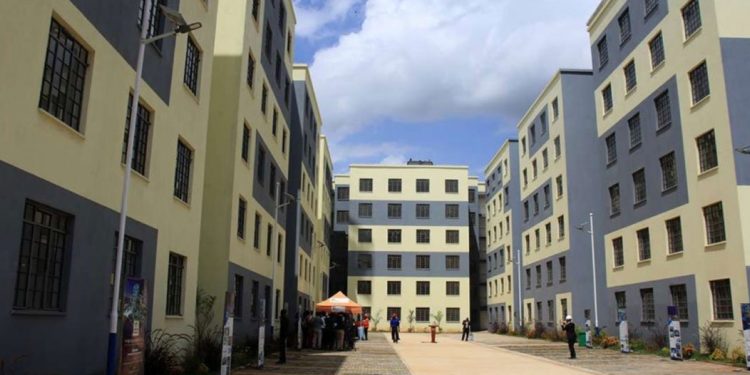Recent revelations by Housing Principal Secretary Charles Hinga have raised serious concerns about the implementation of the Affordable Housing Bill 2024. Hinga disclosed that the KES 20 billion collected from the housing levy is currently being invested in treasury bills and bonds, rather than being utilized for affordable housing projects as intended.
This highlights a glaring issue – the money deducted from the salaries of employed Kenyans (1.5% matched by employers) is lying idle as there are no ready affordable housing projects to invest in. This raises doubts about whether the bill was truly ready for rollout.
Compounding the problem, Hinga noted that the board overseeing the projects can only monitor implementation, not execute the projects directly as it is not the implementing agency. Furthermore, the idle funds are growing rapidly, with KES 34.7 billion collected as of April 2024, accumulating faster than it can be deployed.
These revelations prompt the question of whether the housing levy should be halted until a clear procedure is established to ensure the money is utilized promptly for its intended purpose, rather than languishing in government accounts and debt instruments.
Another concerning aspect is the lack of transparency – Kenyans were not adequately informed that their levied funds would be invested within the government itself, nor was there any guidance on where the proceeds from these investments would go.
To regain public trust and achieve the affordable housing goals, an urgent re-evaluation of the bill’s implementation strategy is needed. Establishing a robust framework with clear responsibilities, timelines and utilization plans is crucial. Without such reforms, the laudable intentions behind the bill risk being undermined as significant public funds remain inaccessible for their planned purpose.
















